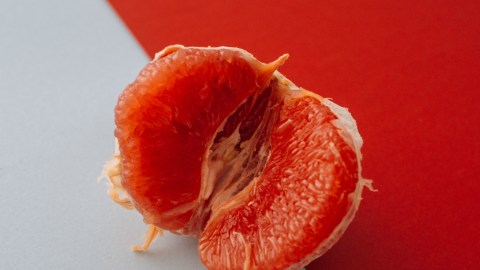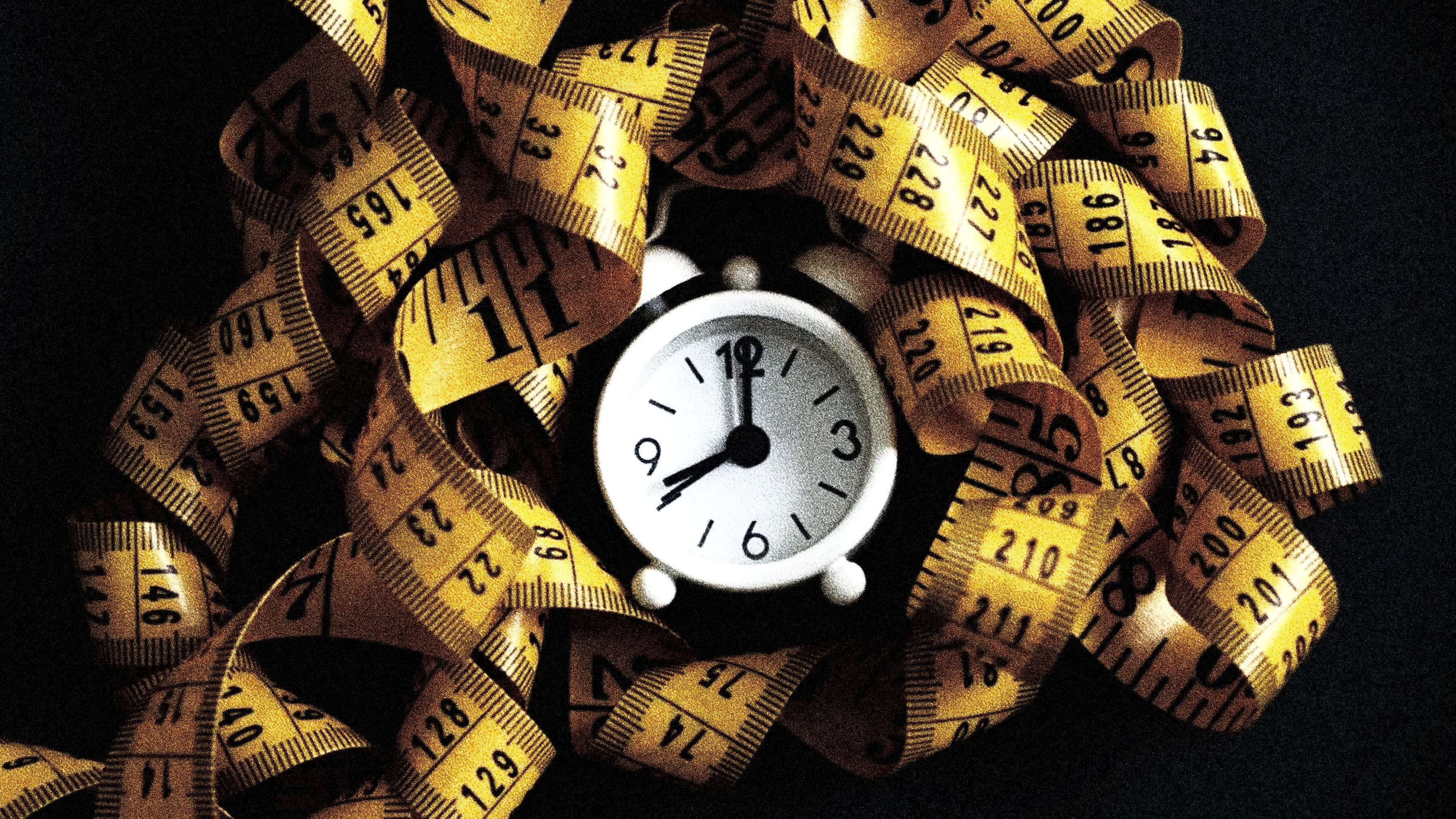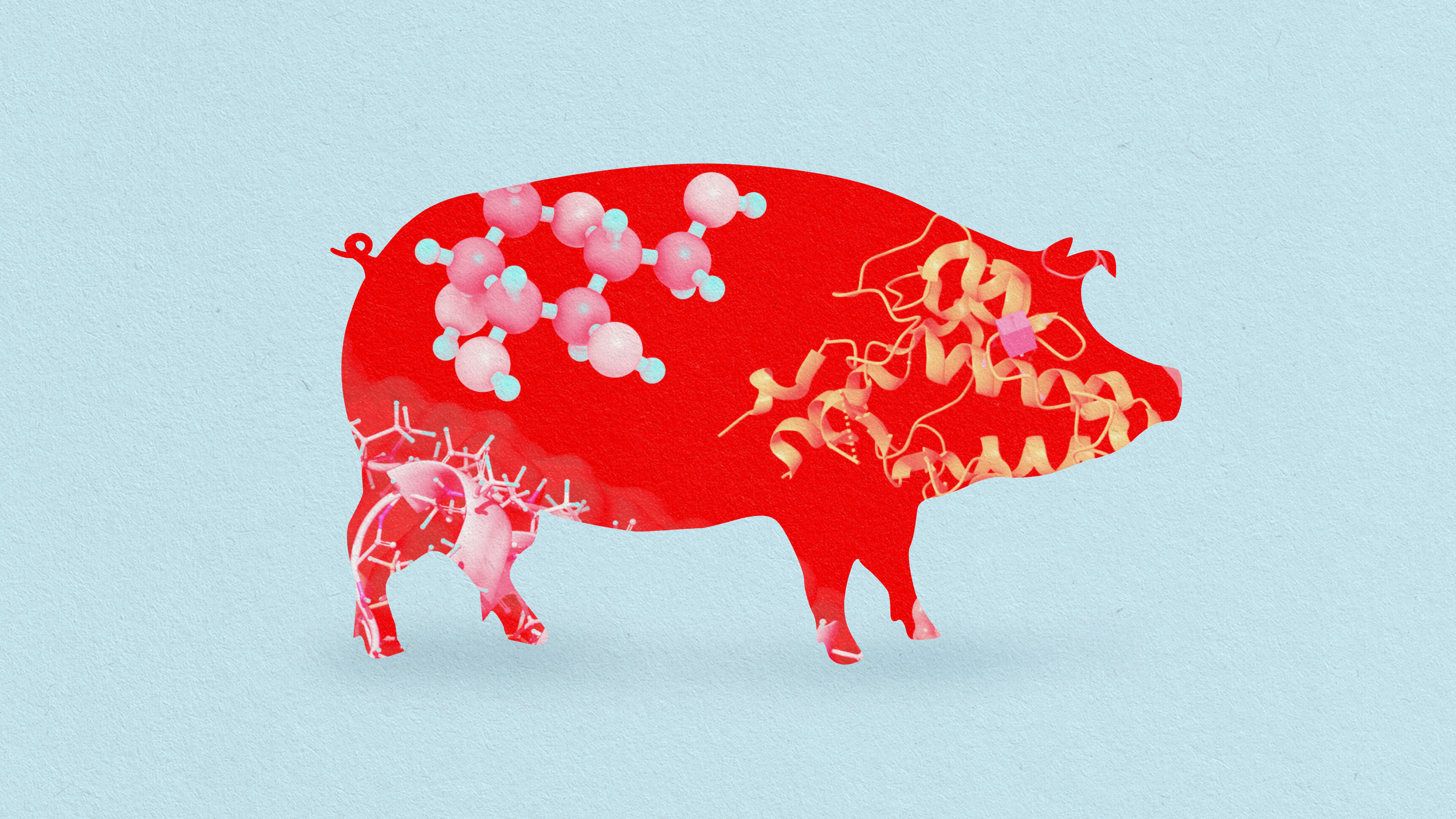Is the blood type diet real?

Photo by Charles ???????? on Unsplash
- Diet plans are immensely popular and commercially successful, including the blood type diet.
- The diet asserts that people with different blood types need to modify their diets to eat the foods that work best for their blood type.
- While the diet pays lip service to science to justify its claims, it seems to rely on pseudoscience and cannot be considered evidence-based medicine.
It just takes a quick glance at some of the most popular blogs or TheNew York Times’s bestseller list to realize that people have an enduring obsession with diets. There’s the keto diet, of course, and the paleolithic diet. There’s also the cabbage soup diet, which involves pretty much exactly what you’d expect. There’s the Drinking Man’s Diet, which incorporates a lot of meat and alcohol and seems more designed for fun rather than health. There’s fruitarianism, the Slim-Fast diet, the alkaline diet, the baby food diet, the morning banana diet, the lamb chop and pineapple diet — people are desperate to know what they should be putting in their bodies to maximize health and lose weight.
As just one example of how the diet craze can go awry, consider the blood type diet.
How does the blood type diet work?
The blood type diet asserts that different lectins, a broad class of proteins commonly found in foods, affect people with the various blood types differently. The main feature of lectins is that they are not digestible and they bind to other molecules, particularly carbohydrates. Your body uses this feature for a variety of purposes, such as identifying different kinds of pathogens. At the same time, pathogens use lectins to bind to their intended targets.
The blood type diet argues that the lectins found in foods interact with people differently depending on their blood type. If a person with the wrong blood type consumes the wrong kind of lectins, then the individual can allegedly suffer from skin problems, digestive issues, chronic fatigue, and many other ailments. The truth is, lectins play a huge variety of roles in the body. Some lectins can, for example, promote bone growth, while others, such as ricin, can be impressively lethal. And while different lectins can be used to identify different blood types, there’s no evidence that the different blood types experience symptoms like chronic fatigue from ingesting the “wrong” lectins from a food source. Nevertheless, here’s how the proposed system breaks down:
- People with type A blood are supposed to avoid meat and go mainly vegetarian. They should eat fresh, organic fruits and vegetables, whole grains, and legumes.
- B-type individuals can eat meat, but not chicken. They can eat rabbit, goat, lamb, and other specific types of meat as well as vegetables, eggs, and low-fat dairy. However, they’re supposed to gain weight from eating corn, wheat, tomatoes, peanuts, lentils, buckwheat, and sesame seeds. Just as an example, being told that tomatoes significantly contribute to weight gain seems a little incredible.
- People with type AB blood should eat tofu, seafood, green vegetables, and dairy but must avoid alcohol, caffeine, and smoked meats. Fortunately, I’ve got type O blood, meaning I can keep my daily breakfast of coffee, whiskey, and an entire smoked brisket.
- Finally, people with type O blood can eat as much lean meat as they like as well as fish and vegetables. However, they are supposed to avoid grains, dairy, and beans.

Photo credit: Rafael Corrêa on Unsplash
Is there any evidence for the blood type diet?
If the list above seems arbitrary, that’s because it is. Although the blood type diet puts forth an interesting hypothesis, one worthy of further investigation, the investigations that have been conducted on the subject do not pass muster. There does not appear to be any supporting evidence that our optimal diets really do vary based on blood type.
A 2013 systematic review of nearly 1,500 published scientific articles found that none directly answered the question or provided any evidence of the health benefits of the blood type diet. Another study found that individuals who adhered to the type A diet actually did have lower BMIs, blood pressure, cholesterol, and triglycerides and experienced other improvements to their health. The catch, however, was that these diet results were consistent across all blood types; not just people with type A.
But can you lose weight?
The biggest proponent of this diet, Dr. Peter D’Adamo, has sold over 7 million copies of his book, Eat Right 4 Your Type. It seems unusual that such a popular diet could have no effects. In truth, the blood type diet does work, just not at all because of people’s actual blood types. Much of the advice provided by the blood type diet is just reasonable dietary recommendations.
The diet cuts out processed foods, advocates for the consumption of green vegetables and fruits, and when it does advise that people should eat meat, it’s usually the right kind: little or no red meat and more lean meats and fish. It does, however, offer some counterproductive advice, like avoiding legumes and whole grains. Some nutritionists argue that legumes can have toxic effects, but the majority of these harmful components are removed by the cooking process. On the whole, though, the benefit of their high vitamin, mineral, protein, and fiber and low fat content outweighs their professed downsides.

Photo credit: Fancycrave on Unsplash
The qualifications of blood type diet proponents
Dr. D’Adamo became a doctor of naturopathy at Bastyr University, an alternative medicine university that has been the brunt of significant criticism for its incorporation of pseudoscience into its academic curriculum. Among its courses, it offers homeopathic medicine, Chinese herbal medicine, and acupuncture medicine, fields that have generally been found to be ineffective, inconsistent in their efficacy, potentially dangerous, or effective due to the placebo effect. One ex-student even claimed that her physical medicine courses included discussions on energy healing, which entails the concept that a healer can channel energy into patients for positive results.
D’Adamo’s website also sells supplements geared to the various blood types that, for example, claim to block certain lectins. So, looking at the questionable credentials behind the diet and its commercial success, it’s safe to say that it exists not to provide solid dietary advice but rather to capitalize on people’s enduring desires to have the ideal diet, the ideal body, and the ideal life as a result. The truth is that a healthy diet is not particularly complicated for most people. It may be the case that the least healthy thing one can do is to become hyper-focused on finding perfection in one’s diet.





